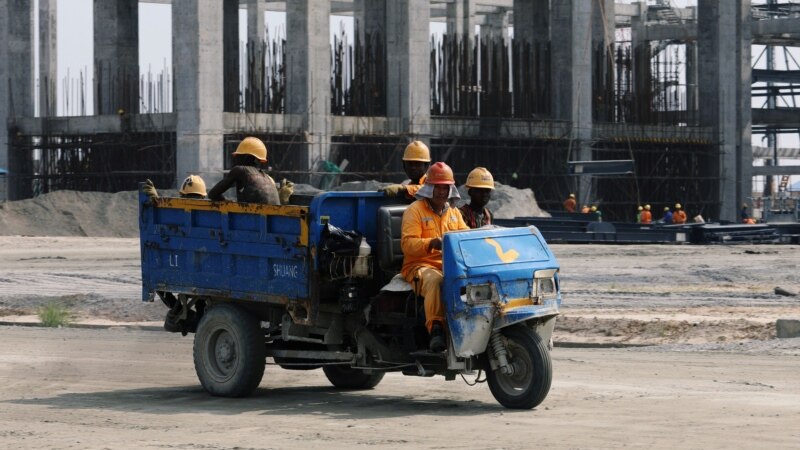Nigeria has been Africa’s No. 1 or No. 2 oil exporter for years but has relied heavily on imports to meet local energy needs. The government is trying to change that, saying the country’s four failing refineries will be given a new lease of life and back online.
This week, authorities also announced a new policy that will require oil producers to sell some of their crude to local refineries before they are allowed to export crude.
The Nigeria Petroleum Regulatory Commission announced the new Domestic Crude Oil Supply Obligation (DCSO) at a meeting with industry players. This is part of Nigeria’s Petroleum Industry Act 2021 Amendment Bill.
Under the policy, Nigerian oil producers can only export crude oil after meeting supply obligations to local refineries.
The measure, which will take effect in the second half of this year, does not specify how much crude oil must be supplied to local refineries.
Authorities said the guidelines aim to enhance Nigeria’s refining capacity, improve the oil industry and earn foreign exchange.
Public affairs analyst Jaye Gaskiya said it was the right move. “In the current global situation, this is actually better for both producers and refiners in the country,” Gasskia said. “Essentially, it is to alleviate supply issues for local refineries so that they are not Becoming redundant. The second thing is that it is also designed in a way to relieve the pressure on the naira.
Under the rules, payments for crude oil to domestic refineries can be made in dollars, naira or a combination of the two.
Nigeria relies heavily on imports to meet the energy needs of its population. Analysts say local refining could reverse that trend.
But oil and gas analyst Toyin Akinosho said he was concerned.
“In principle, I don’t have a problem with that, but we need to be very careful about the foreign exchange impact and the outflows,” he said. “The challenge I’ve always faced is that if you get too enthusiastic about certain regulations, you can burn your fingers. In an era of very low foreign exchange rates [currency trading] That’s the main flow into the country and you have to find a way to manage it. “
The new measures include penalties for oil producers who divert crude oil or refiners who fail to meet payment obligations.
But Gasskia said there were some loose ends to the rule.
“The regulations say this is on a willing buyer and willing seller basis, which is very tricky,” Gasskia said. “For example, if the supplier is unwilling, then what do you do as a regulator? So these are regulatory Things you need to pay attention to.”
Nigeria’s refineries, including the latest one built by Africa’s richest man Aliko Dangote, will have a combined processing capacity of 650,000 barrels of crude oil per day after restoration.
While experts have expressed doubts about the effectiveness of the new guidelines, authorities are optimistic that Nigeria is getting closer to achieving self-sufficiency in the energy sector.
Follow us on Google news ,Twitter , and Join Whatsapp Group of thelocalreport.in
